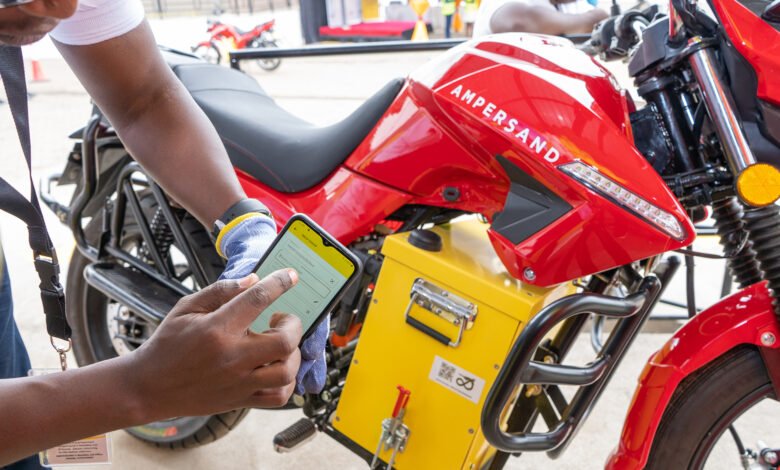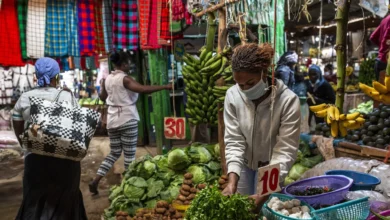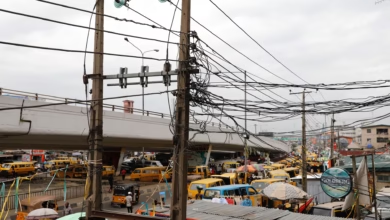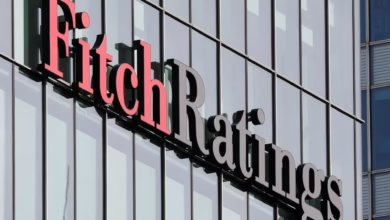
Kenyan electric mobility startup ARC Ride has raised $10 million in debt financing from Paris-based sustainable investment manager Mirova to expand its battery-swapping infrastructure for motorcycles.
Motorcycles are widely used in Kenya as a means of public transport, commonly known as boda boda.
ARC Ride runs a Battery-as-a-Service model that allows riders to switch to electric motorcycles and swap depleted batteries for charged ones in minutes, reducing upfront vehicle costs and removing fuel and range concerns.
The funding will enable ARC to deploy more than 600 battery-swapping cabinets and 25,000 batteries across Kenya, CEO Joseph Hurst-Croft said. The capital comes from Mirova’s Gigaton Fund, marking the fund’s first investment in an e-mobility company.
Mirova said the transaction applied a blended finance approach to de-risk the venture and attract future private capital.
Also Read: Roam, 4G Capital Ink Deal for Electric Bodas in Kenya
ARC Ride’s model is designed to reduce carbon emissions while making electric transport more accessible and affordable in African cities.
ARC Ride’s $10 million financing reflects growing investor interest in Africa’s electric mobility sector as governments and businesses seek low-carbon transport solutions.
Motorcycles play a central role in urban and peri-urban mobility across Africa, but their reliance on fossil fuels increases costs and emissions.
Battery-swapping networks lower barriers to adoption by tackling two key hurdles: high upfront costs of e-motorcycles and the lack of charging infrastructure.
ARC enables riders to pay for energy as needed while extending the lifespan of batteries through centralized charging by using a BaaS model.
For Mirova, the deal aligns with its climate-focused strategy and demonstrates how blended finance can help de-risk early-stage investments in emerging markets.






I consider something truly special in this internet site.
**mind vault**
mind vault is a premium cognitive support formula created for adults 45+. It’s thoughtfully designed to help maintain clear thinking
F*ckin’ remarkable things here. I am very satisfied to look your post. Thank you so much and i am taking a look ahead to touch you. Will you please drop me a e-mail?
Good ?V I should definitely pronounce, impressed with your web site. I had no trouble navigating through all the tabs as well as related information ended up being truly simple to do to access. I recently found what I hoped for before you know it in the least. Quite unusual. Is likely to appreciate it for those who add forums or something, web site theme . a tones way for your customer to communicate. Excellent task..
Attractive component to content. I simply stumbled upon your site and in accession capital to assert that I get actually enjoyed account your weblog posts. Any way I’ll be subscribing to your augment and even I achievement you access consistently rapidly.
I’ve been exploring for a little bit for any high-quality articles or blog posts on this kind of area . Exploring in Yahoo I at last stumbled upon this site. Reading this information So i am happy to convey that I’ve an incredibly good uncanny feeling I discovered exactly what I needed. I most certainly will make sure to don’t forget this web site and give it a look regularly.
I’ve recently started a website, the info you offer on this site has helped me tremendously. Thanks for all of your time & work. “One of the greatest pains to human nature is the pain of a new idea.” by Walter Bagehot.